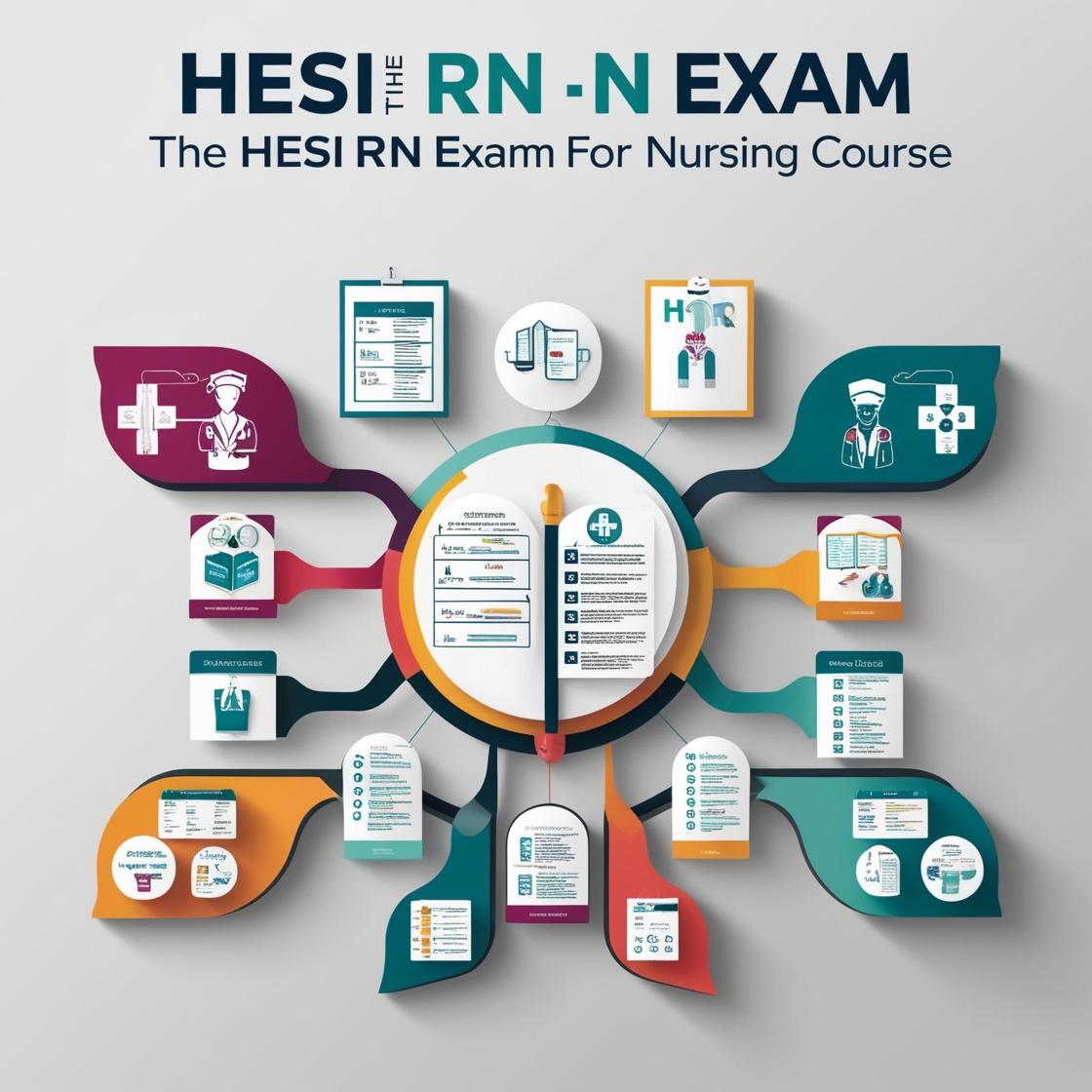HESI RN
Pharmacology HESI
1. A client is prescribed metronidazole (Flagyl) for a trichomoniasis infection. Which of the following should the nurse include in the teaching plan?
- A. Avoid consuming alcohol while taking this medication.
- B. Take the medication with food.
- C. Increase fluid intake to prevent kidney stones.
- D. Report any gastrointestinal upset to the healthcare provider.
Correct answer: A
Rationale: The correct answer is A. Metronidazole (Flagyl) can cause a disulfiram-like reaction when taken with alcohol, resulting in severe nausea, vomiting, and headache. Therefore, the client should be advised to avoid alcohol while taking this medication to prevent adverse effects. Avoiding alcohol is crucial to prevent these reactions and ensure the effectiveness of the treatment. The other options are not directly related to the specific medication or the condition being treated.
2. The client has begun medication therapy with pancrelipase (Pancrease MT). The nurse evaluates that the medication is having the optimal intended benefit if which effect is observed?
- A. Weight loss
- B. Relief of heartburn
- C. Reduction of steatorrhea
- D. Absence of abdominal pain
Correct answer: C
Rationale: Pancrelipase (Pancrease MT) is a pancreatic enzyme replacement therapy used to aid digestion in clients with pancreatic insufficiency. One of the key goals of pancrelipase therapy is to reduce the amount of undigested fat in the stool, known as steatorrhea. Therefore, the nurse should evaluate the effectiveness of pancrelipase by looking for a reduction in steatorrhea, indicating improved digestion and absorption of fats.
3. A client with a history of chronic heart failure is prescribed spironolactone (Aldactone). Which of the following statements indicates that the client understands the medication teaching?
- A. I will avoid potassium-rich foods.
- B. I will not use a salt substitute.
- C. I will monitor my weight daily.
- D. I will increase my fluid intake as prescribed.
Correct answer: A
Rationale: The correct statement is 'I will avoid potassium-rich foods.' Spironolactone (Aldactone) is a potassium-sparing diuretic, which can lead to hyperkalemia if potassium intake is not regulated. Therefore, avoiding potassium-rich foods is crucial to prevent this complication. Using a salt substitute can also increase potassium levels. Monitoring weight daily is essential in heart failure management, but it is not specific to spironolactone. Increasing fluid intake as prescribed is generally recommended for heart failure management but is not directly related to spironolactone use.
4. A client who has been newly diagnosed with diabetes mellitus has been stabilized with daily insulin injections. Which information should the nurse teach when carrying out plans for discharge?
- A. Keep insulin vials refrigerated at all times.
- B. Rotate the insulin injection sites systematically.
- C. Increase the amount of insulin before unusual exercise.
- D. Monitor the urine acetone level to determine the insulin dosage.
Correct answer: B
Rationale: When a client is stabilized with daily insulin injections, it is crucial to rotate the injection sites systematically. This practice helps prevent the development of lipodystrophy, which can affect insulin absorption and lead to inconsistent glucose control. Additionally, rotating sites minimizes discomfort and tissue damage, ensuring optimal insulin delivery and effectiveness.
5. A client is taking levothyroxine (Synthroid). The nurse instructs the client to notify the health care provider (HCP) if which of the following occurs?
- A. Fatigue
- B. Tremors
- C. Cold intolerance
- D. Excessively dry skin
Correct answer: B
Rationale: Tremors are a sign of excessive doses of levothyroxine, indicating hyperthyroidism. It is important for the client to report tremors to the healthcare provider to prevent complications associated with overdosing on levothyroxine.
Similar Questions

Access More Features
HESI RN Basic
$69.99/ 30 days
- 50,000 Questions with answers
- All HESI courses Coverage
- 30 days access @ $69.99
HESI RN Premium
$149.99/ 90 days
- 50,000 Questions with answers
- All HESI courses Coverage
- 30 days access @ $149.99
